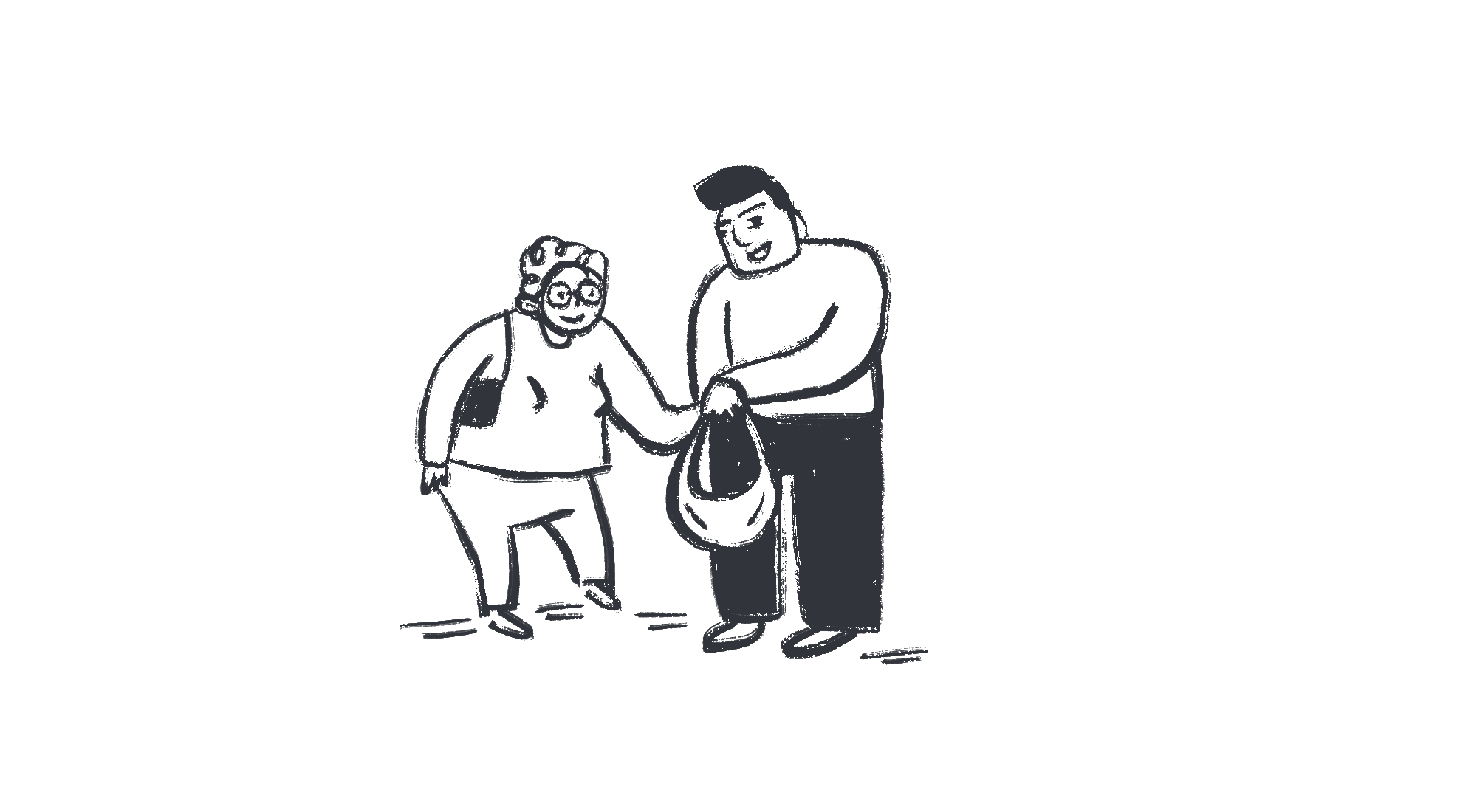Be Kind To Be Happy
““Kindness is the language which the deaf can hear and the blind can see. “”
We would all like to be happier.
The danger comes when we focus so hard on pursuing happiness that it becomes an obsession.
It places a spotlight on any shortcomings and makes us worry that we’re not becoming any happier overall.
One way to avoid this is to get into the habit of thinking beyond ourselves. By focusing on others, we end up becoming happier as a byproduct.
This is something that anyone who has done charity work can attest to. It is sometimes referred to as ‘helpers high’ and occurs due to endorphins being released into the body.
But it also extends to other forms of kindness.
In one famous study, people were given a sum of money. One group was told to spend it on themselves, and the other was told to spend it on someone else.
Amazingly, those who spent it on others reported feeling happier.
Are we wired to be kind?
The good feelings we experience when being kind to others make sense from an evolutionary point of view.
The current accepted wisdom is that it is an adaptive trait to aid survival.
In the harsher environments of our hunter-gatherer ancestors, food and shelter were often hard to come by.
The group would therefore work together to help one another in a quid pro quo. For example, if you were kind to someone by offering them food when they were hungry, they would help you later on when you were in need.
How can we be a little kinder?
It doesn’t take much to be kind, and you can experience the benefits by incorporating acts of kindness into your day. They can be as simple as the following:
Smiling at a stranger.
Opening the door for someone.
Complimenting someone on something they’re wearing.
Introducing them to others who can help them with a challenge they are facing.
Offering to help a neighbour with a chore such as clearing their garden.
Longer-term commitments include regular charity work and helping to organise local community events. Just be careful that you don't take on so much that you become the one who needs help in the end.
The key to making this work is not to expect anything in return. You may be surprised just how happy focusing on others makes you feel.
If you’re interested in further reading about the power of reciprocity and helping others, you might enjoy the book Give and Take: A Revolutionary Approach to Success by Adam Grant.






